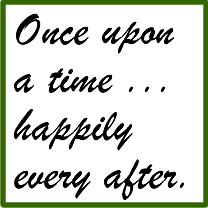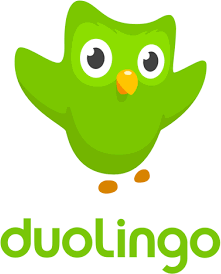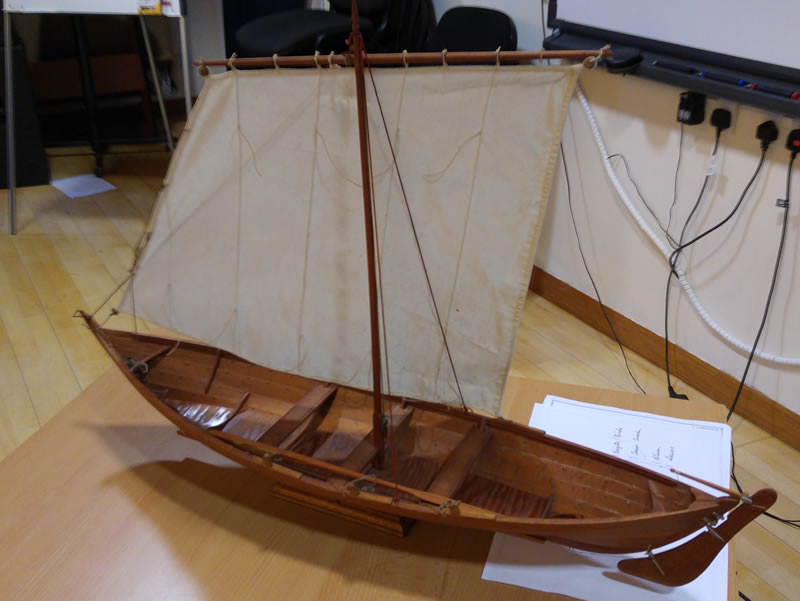
The following useful sentence came up in one of the Russian Duolingo lessons I went through today:
У неё меньше кошек, и это хорошо.
This means, “She has fewer cats, and that is good.”
To me this suggests a whole backstory:
There once was a woman who had really liked cats. Her family always had cats when she was growing up, and when she had a place of her own, she got a couple of kittens. When they grew up, one of them had kittens, and the woman liked them so much, she couldn’t bear to part with them, so she kept all four of them. She also took in cats from animal shelters, and before long her house was full of them. Her friends were worried about her as she spent all her money on her cats, and spent most of her time with them. They offered to find alternative homes for the cats, and eventually persuaded her to give some of them away. She has fewer cats now, and that is good. The End.
Now, if I could just write that all in Russian, it would be a very useful exercise.
Does the Russian sentence suggest anything to you?
The cats in the photo are my sister’s, when they were kittens. The ginger one is Fletcher, and the black and white one is Smudge.









